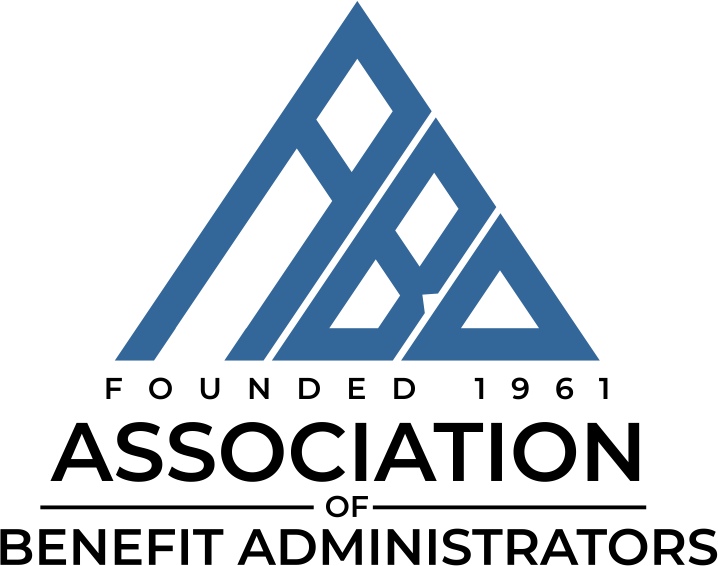6 Ways to Lower Your Risk for Cataracts
Protecting your eyes from sunlight may help prevent cataracts or slow their progression.
Cataracts are cloudy spots that develop on the lens of an eye when proteins in the lens clump together. Normally the lens is clear, and its job is to focus light onto your retina, as part of the process of seeing.
A number of risk factors are known to contribute to the development of cataracts. But that doesn’t mean cataracts can necessarily be prevented. In fact, some of the largest risk factors for cataracts, like age, are out of your control.
Still, it’s smart to take steps that might slow the development of cataracts, especially if you have a family history of the disorder or have begun to develop cataracts yourself.
Many of the lifestyle measures that are believed to prevent or slow the development of cataracts are broad recommendations that may improve your overall health and wellness.
Other recommended measures are specific to your eye health and may help prevent other eye disorders.
But no matter how well you take care of your eyes and overall health, you may still develop cataracts or see the progression of existing cataracts. It’s important to keep your expectations realistic and work with your doctor to manage or treat any vision changes that occur. (1,2)
Helpful Measures to Reduce Your Risk of Cataracts
A number of health and lifestyle measures may reduce your risk of developing cataracts.
Most of these recommendations are based on factors that are known or suspected to contribute to cataracts, rather than strong evidence that they can prevent the disorder.
In fact, no studies have produced solid evidence on how to prevent cataracts, according to the Mayo Clinic. (2)
There are, however, steps that may reduce your cataract risk:
1. Protect Your Eyes From Harmful Ultraviolet Rays
Wearing sunglasses that protect your eyes from ultraviolet (UV) rays may help prevent or slow the development of cataracts.
Ultraviolet B rays are especially harmful to your eyes, so it’s important to look for glasses that provide this protection specifically.
It’s a good idea to wear protective sunglasses any time you’re outside during daylight, not only when the sun is especially bright or shining at an angle that disturbs your vision. Many glasses retailers offer affordable prescription sunglasses online.
If you’d rather not wear sunglasses outside or are looking for protection when you’re indoors, you can also wear regular clear glasses with a UV-blocking coating.
Talk to your doctor about your options and the benefits of each type of protective glasses. (1,2)
2. See an Eye Doctor Regularly to Know Your Cataract Status
While visiting your eye doctor won’t directly prevent cataracts, it can help you stay aware of your cataract status and learn about measures that could help prevent or manage the condition.
And once you’ve started to develop cataracts, it’s important to track your condition through regular appointments. Talk to your doctor about how often you should be stopping by for an office visit.
Generally, adults over age 60 should have a comprehensive eye exam at least every two years, according to the National Eye Institute. Doing this can also help screen for conditions like macular degeneration and glaucoma, which can require treatment that may be complicated by having cataracts. (3)
3. Manage Health Problems That May Fuel the Development of Cataracts
Certain chronic health problems, like diabetes and high blood pressure, may contribute to the development of cataracts.
If you have diabetes, it’s crucial to keep your blood sugar under control to limit any eye damage caused by a high glucose level.
Be sure to take any drugs you’ve been prescribed for high blood pressure and regularly check your pressure. If you find that your blood pressure isn’t where it’s supposed to be, talk to your doctor about changing or intensifying your treatment.
These steps are important for anyone diagnosed with diabetes or high blood pressure, but especially if you’ve already been diagnosed with cataracts or other eye problems. (2,4)
4. Quit Smoking if You Smoke
Smoking cigarettes and other forms of tobacco can cause cardiovascular problems, including problems in the blood vessels of your eyes.
Talk to your doctor about getting help to quit smoking, especially if you’ve struggled with it in the past. Helpful options may include medications, counseling, and other medical and motivation-based strategies. (2)
5. Don’t Drink Alcohol in Excess
Consuming large amounts of alcohol has been tied to a higher risk of cataracts.
If you’re addicted to alcohol or believe you need help reducing your alcohol consumption, talk to your doctor about getting the support you need. Medications, individual counseling, and group-based therapy may help you drink less or stop drinking. (5)
6. Follow a Healthy Diet High in Plant Foods
A balanced, varied diet that includes large amounts of fruits and vegetables helps ensure that you’re not lacking any vitamins or other nutrients needed for optimal eye health.
Fruits and vegetables tend to have high levels of antioxidant compounds, which have been shown in studies to support eye and vision health.
While studies have shown that a diet rich in vitamins and minerals can reduce your risk of cataracts, this benefit hasn’t been shown with vitamin pills and other supplements, according to the Mayo Clinic.
Certain antioxidant supplements have even been shown to have harmful effects, so the safest way to increase your intake of these helpful nutrients is to eat foods in which they occur naturally. (2)
Myths About Cataract Prevention
It’s important to distinguish between steps that may help prevent cataracts but that have limited evidence and steps that simply aren’t supported by available evidence or are factually wrong. (6)
Here are some measures that aren’t supported by the available evidence on cataract prevention:
Dietary Supplements While there’s ongoing research about the effects of various supplements on cataract development, the results so far have been mixed and don’t support any specific recommendations, according to the National Eye Institute. (3)
Early Surgical Treatment Surgery for cataracts doesn’t stop the condition in its tracks or prevent it from getting worse. Instead, it removes the affected lens of your eye entirely. Because it can only remove, not repair, a damaged lens in your eye, surgery for cataracts is recommended only when the condition is severe enough to disrupt your daily life. (2)
Source: Everyday Health
By Quinn Phillips Medically Reviewed by Ghazala O'Keefe, MD






























